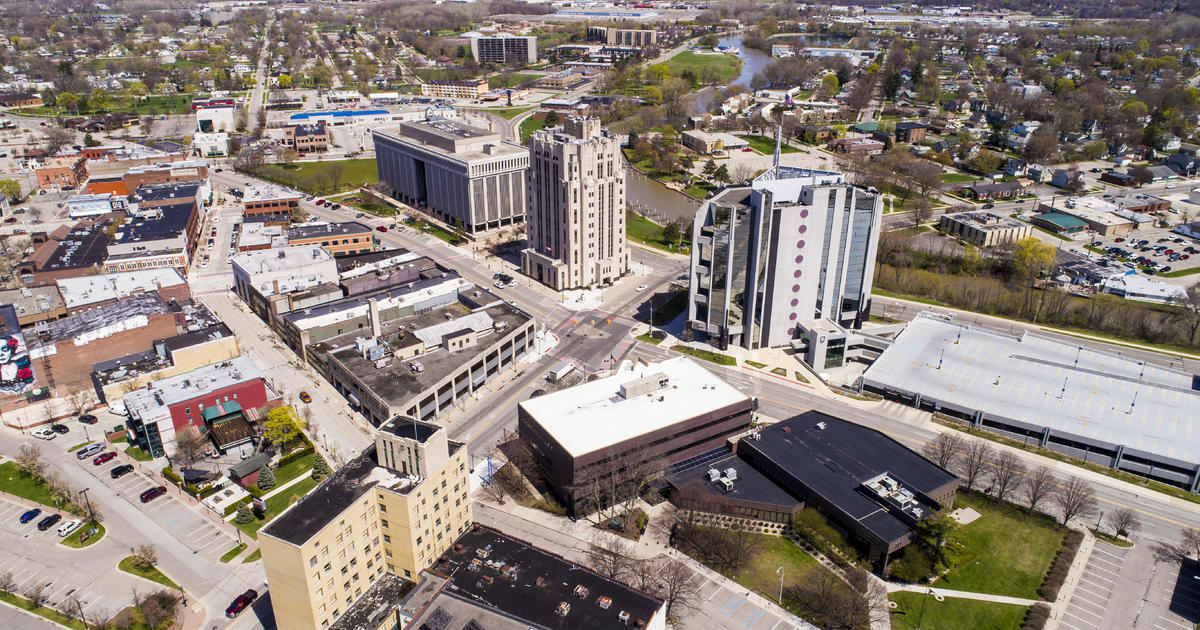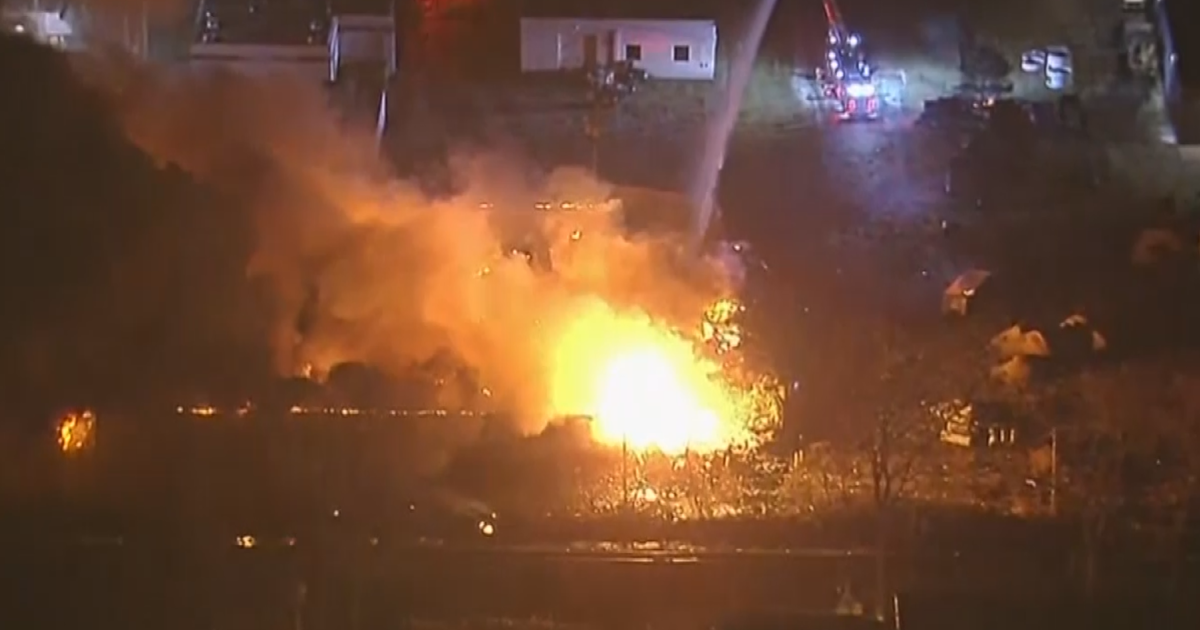Monroe County In Grip Of Deadly Heroin 'Epidemic'
MONROE (WWJ) - Monroe County health officials are calling it an "epidemic" -- the proliferation of fatal heroin overdoses that continue to claim young lives.
With four more deaths attributed to heroin overdose in this past week alone, residents packed a meeting Wednesday night to talk about the growing scourge of drug addiction within their community.
April Demers, with the Monroe Substance Abuse Coalition, said Monroe County treats more people for heroin and opiate addictions than any other county in Michigan.
"We're losing people at just an alarming rate," Demers told WWJ's Jon Hewett. "Monroe does have a problem that really rises above even the rest of the state, and there are a lot of things that potentially go into that. We're on the I-75 corridor between Detroit and Toledo, so the availability, it's there."
The Monroe News, which devotes an entire section to the heroin epidemic, said 40 people in the county died of drug overdoses in 2012 and at least 15 of those were directly related to heroin. County Medical Examiner Carl Schmidt told the paper that people are dying from heroin in a variety of ways, often mixing it with alcohol or cocaine, which promotes respiratory failure.
Demers said people often start with prescription pain killers and then switch to heroin because it's "much cheaper."
"We have a culture, now, around taking pain medication and medication in general. We're a pill-popping society, and that's where it starts," she said.
Demers said heroin, which is often more pure than the drug sold on the streets decades ago, is gaining social acceptance in Michigan's suburbs as well as in rural areas.
"The number one new heroin user in the United States is a 20-year-old female right now," she said. "And I have yet to meet someone who is a heroin addict who tells me the story of 'One day I just decided to try it.'"
Among those who have lived in the throes of the drug is Vickie Paolino, who lost her 35-year-old son Toma following years of addiction to prescription medications and then heroin.
"It's a rollercoaster ride," she said. "I enabled [him] for a long time, and then you go to not enabling and you cut him off. I mean, you lose a piece of them every day," she said.
George Barath, who lost his 20-year-old son Ryan to a heroin addiction last year, thinks the community should shift their focus to teaching young adults and teenagers about the dangers of the drug.
"There's a lot of kids, I know, I'm a coach, and they're using. It takes away everything, but we're at the point where we're trying to do something," he said.
Details of a new county-wide plan to curb the epidemic are expected to be announced in early 2014.
According to the National Institute on Drug Abuse, heroin is an opioid drug synthesized from morphine which usually appears as a white or brown powder or as a black sticky substance. Heroin can be injected, inhaled or smoked -- all of which deliver the drug to the brain very rapidly, contributing to its high risk for addiction.
After consumption, heroin users report feeling a surge of euphoria accompanied by dry mouth, a warm flushing of the skin, heaviness of the extremities, and clouded mental functioning, according to the Institute. Following this initial euphoria, the user goes "on the nod," an alternately wakeful and drowsy state.
Regular heroin use changes the functioning of the brain, creates a tolerance of the drug -- in which more is needed to achieve the same intensity of effect -- and dependency -- characterized by the need to continually use the drug to avoid withdrawal symptoms, according to the Institute.
To learn more about heroin and addiction, visit www.drugabuse.gov.



